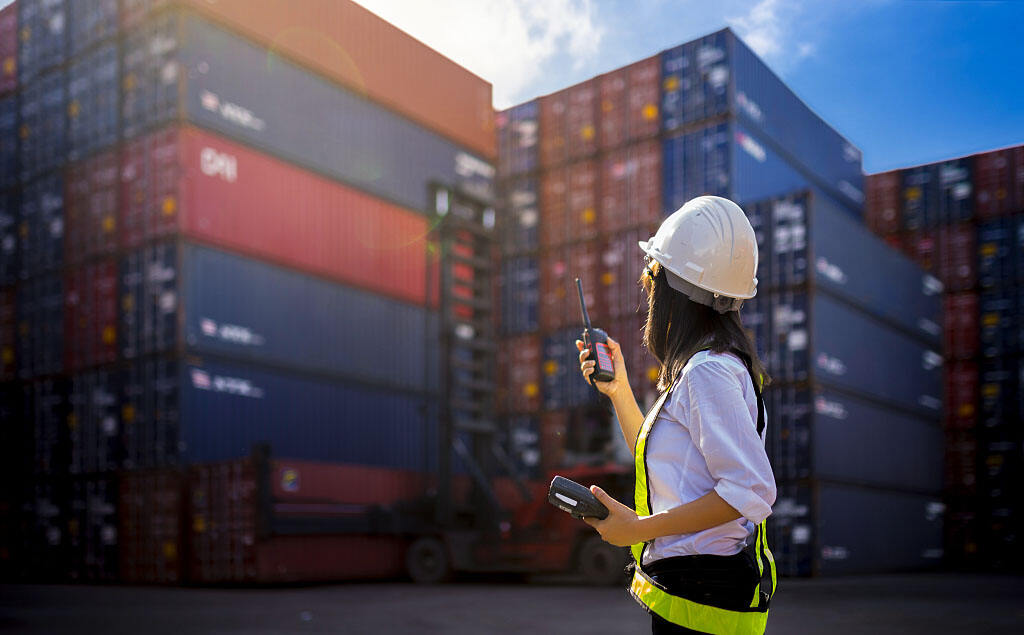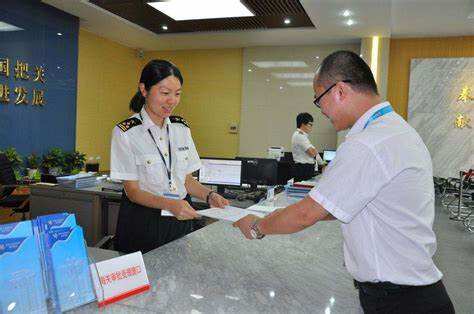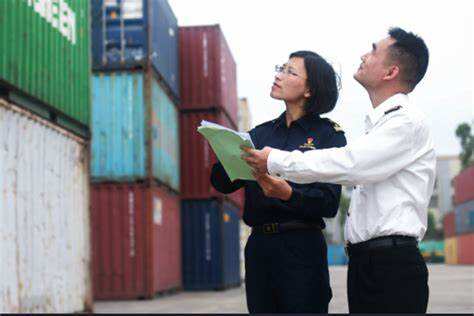free trade and tariffs
Free trade and tariffs represent fundamental elements of international commerce and economic policy. Free trade refers to the unrestricted flow of goods and services between countries without government-imposed barriers, while tariffs are taxes imposed on imported goods. In modern global economics, these concepts operate through sophisticated digital systems and international agreements. Technologies like automated customs processing, blockchain for trade documentation, and real-time tracking systems facilitate smooth trade operations. Free trade agreements utilize advanced databases and compliance monitoring tools to ensure proper implementation. Contemporary tariff systems employ AI-driven risk assessment tools, automated calculation systems, and digital payment platforms. These mechanisms work together through integrated customs management systems, international trade databases, and electronic documentation platforms. The practical application extends across various sectors, from agriculture to manufacturing, impacting global supply chains and economic relationships. Modern free trade implementations often incorporate elements like digital certificates of origin, automated customs clearance, and electronic payment systems, while tariff administration uses sophisticated rate calculation software and trade statistics analysis tools.


